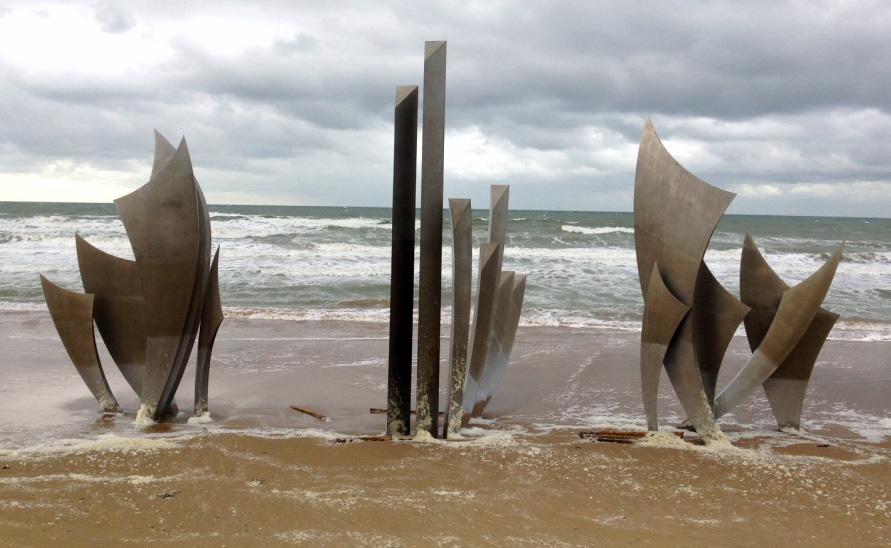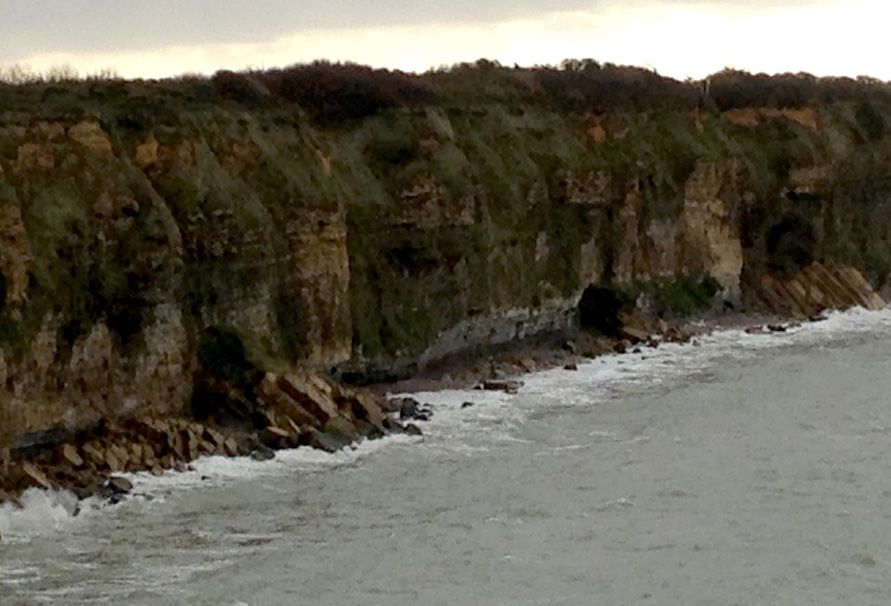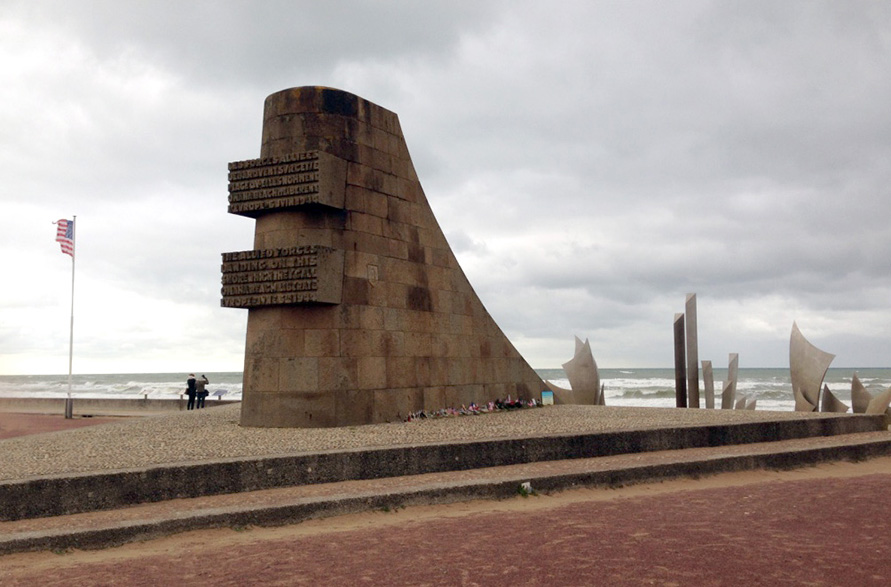A Blog of Flashbacks How Does War Affect Children
April 2022
Born in Boston, five months before the Japanese bombed Pearl Harbor, World War II was a part of my early life. My parents had fixed the third floor for a young English sister and brother who were going to spend the rest of World II with us instead of London. Just before they were to sail, a German submarine sank a passenger ship with women and children headed to Canada and the States. The parents of their children decided to keep their family in England where the family survived the war. How does war affect children? I don’t know how war affected them because we never heard from them again.
I have many childhood memories of World War II in the States, probably beginning with the two English children. I thought it would be lovely to have more children in the house. I remember my mother’s pleasure that all was ready for them. Or perhaps I just remember hearing the stories of their impending arrival and the disappointment in my mother’s voice when their stay was canceled.
 |
Tribute to the 1st Infantry Division at Omaha Beach, Normandy, the Big
Red One, from Ft. Riley, Kansas. |
We lived in Berlin, New Hampshire for a year. Because it had the same name as the capital of Germany, we had blackout orders as if we had been a town in England or France. We even had blackout shades in the house. One of those made it back to our home in Framingham Centre, twenty miles west of Boston. It hung in sister Mary’s room in the south window, good protection against the heat of the summer sun.
One day when I was perhaps three, my father drove on Route 9 with me sitting in the front seat of our 1937 Cadillac. We came up on two sailors hitchhiking. As he slowed to a stop, he told me I was not to tell my mother. She would not have approved of hitchhikers, even sailors, in the car. I felt so proud of my father helping out these two young men. They sat in the back and I remember conversation but not its content. I just felt very proud of my father. I don’t know where we dropped them off, perhaps Natick as that was halfway to Boston and my father could have figured a reason to go that far.
When the doorbell rang one day, I answered it. There stood my cousin’s husband, Bob, in his Navy whites. He and my cousin, Elinor, had a daughter my age, one of two cousins my age with all others much older. His ship had docked in Boston and after visiting Grandma in Jamaica Plain, he had come to our house to see my mother, Aunt Bouchie, her family nickname. Indeed, it was the last word my father spoke before he died years later.
Bob’s brother-in-law, married to my cousin, Anne, was John E. Rodgers, Johnny, as he was called in the Army Air Corps and in the family. He gave his last full measure when his plane, a B-24, went down. A small man, he was the ball turret gunner and had been machined-gunned across his legs. He bled to death in a German Luftwaffe hospital. As a three-year-old, I did not know Anne would never recover from being a teen-age widow with a two-year-old son. She married twice more, but never seemed to have her feet on the ground again. Very petite at 4 feet 10 inches tall, she always wore platform heels, popular at the time. I didn’t think that was necessary since she was beautiful and petite.
My mother put a candle in the den, in the front window that faced the street. I don’t remember whether she plugged it every night or just around Armistice Day and Memorial Day. I remember it being there and lit though. Perhaps it was also when cousin Anne and her son, Rod, a year younger than I, came to visit for two weeks. We had to remember the soldiers who had gone to war, including Johnny.
One day, my father picked up a friend and let me sit by the front seat passenger door. We all giggled at these two men sitting next to one another and no one able to see the child in the passenger seat. My father told me to watch my fingers and I did, even as I shut them in the door. I don’t know why we didn’t go to the local hospital. Maybe the man was a doctor headed to Cushing Army Hospital. In any event, I ended up at Cushing, a little girl with blonde curly hair, in my matching red coat and hat, and tears streaming down my cheeks. Damage to my fingers was minor. The important part was seeing all these wounded men home from war. I saw their sadness. Their families were not there. They should have been, I thought as these men crowded around me. They were the ones who needed attention and comfort.
My sister told me about going down to the railroad tracks at the bottom of the hill and waving to the soldiers on the troop trains as they headed to Boston. She was lucky, but I was too little to go. My friend, Peggy, and I went down there well after the war and we only had the engineer and caboose men on the freight trains to wave at.
When the family gathered to listen to the war news over the radio, I cuddled in the den in my father’s lap. No one spoke except Churchill, Roosevelt, and the radio. I remember listening about the Normandy Invasion, V-E Day, and V-J Day. I remember hearing about the men in the ocean water for days and nights, many of them eaten by sharks. I didn’t know what a shark was and I couldn’t imagine what it was like to be in the ocean for so long. I just remember the sharks and the live men being rescued.
 |
The cliffs at Utah Beach, Normandy, France. |
Decades later, a friend in a little town in Alaska where we both live, asked me if I’d ever heard of the USS Indianapolis. Of course, I said. I remember it. Not the name of the ship. Not how long the men were in the water. I just remembered the fear I felt listening to this news as I cuddled deeper into my father’s lap and arms. She told me her father was one of the 316 survivors out of 1,197 aboard. I recently wrote story about that and now revise it, again, again, and again. My writing about her father needs to be worthy of the sacrificed lives caused by the sinking of the ship.
A year and a half after the war ended, I had my tonsils out. I hemorrhaged and woke up on a bloody sheet. The nurse said the hospital had no clean sheets because three shiploads of wounded had just arrived in Boston and all area hospitals sent their clean sheets for them. The linen closet was empty. I thought those men needed clean white sheets much worse than I, a five-year-old, did. I went home that afternoon. Yes, I was young, but I still remember hearing about people being shot, cities being bombed, captured, entered, left, or whatever the war news was that day. I’ve had a loaded weapon pointed at me. I’ve had threats to bomb my house and kill my family. But. I’ve never heard or seen a bomb go off. I’ve never lived in the middle of a warzone. I’ve never been shot at. And that has made so much difference to my life.
It all sprung up before me when I went to Normandy a few years ago on Armistice Day—and saw its World War 2 Museum and the Normandy beaches. Is the sand I felt that day the same sand the British, Canadian, and US troops struggled across, lived and died on?
 |
Tribute to the invading forces from the United States, Canada, France,
Poland, and Great Britain at the Normandy Beaches. |
Abigail is the author of The Soul of My Soldier, Reflections of a Military Wife (Familius Press), the story of being married to an Army man. Is all this part of the reason that underlies why I married him?

|
